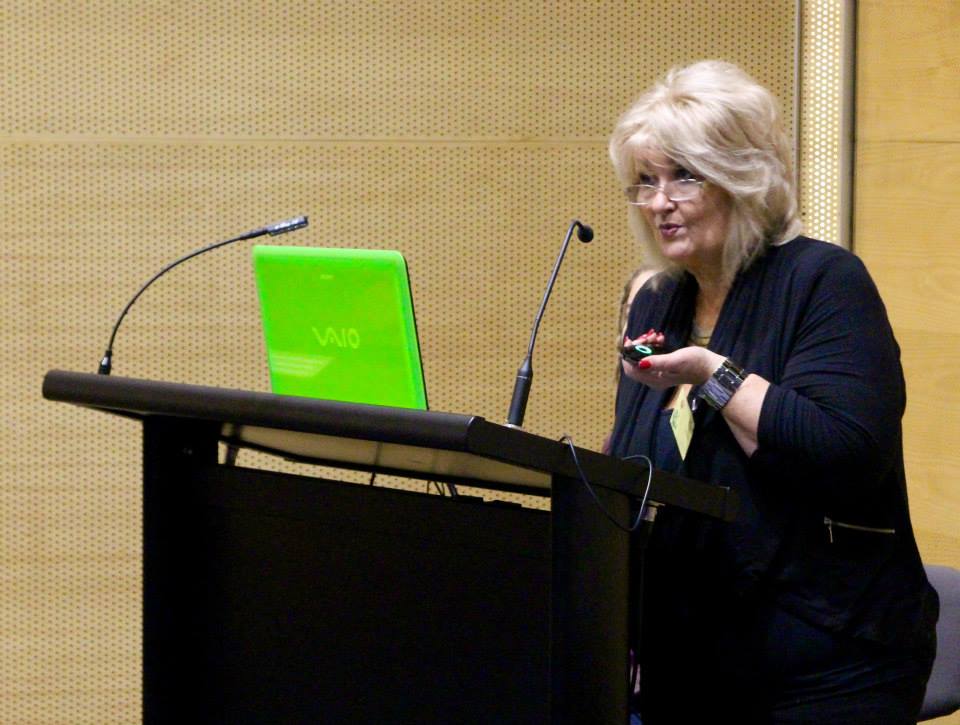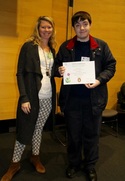Unless you are on the A-list with your publisher, preparing an Advance Information Sheet is something you should do yourself and then send to bookshops and potential reviewers. Whether you are an author or illustrator, you should put one of these AI's together and distribute them. (Sometimes they get referred to as an AIS.)
So what is it? It is a single A4 page document that contains comprehensive information about your book. Nitty gritty stuff about page length, height and width, ISBN, recommended retail price, publisher as well as an image of the book cover, an outline of the storyline, something about the author, something about any planned media coverage, something about the target audience, and information on how to order the book.
You can read here how Joanne Phillips prepared her own AI for a self-published book, and see an image of it too. https://joannegphillips.wordpress.com/2013/09/19/getting-into-bookshops-advance-information-sheets/
This next link looks a bit dry, but it contains some need-to-know basics as well as a download link to a sample AI template. http://www.centralbooks.com/publisher/books/home_ai.html
And this link contains an excellent checklist to make sure you haven't forgotten anything, as well as some reasons why it needs to be included, for example if you send it as a Word document that will make it easier for a bookseller to add their own notations or cut and paste relevant information into their sales catalogue. http://www.globalbookmarketing.co.uk/default.php?p=advance-information-sheets
The earlier you are able to send your Advance Information Sheet to booksellers and reviewers prior to publication date the better.



 RSS Feed
RSS Feed
